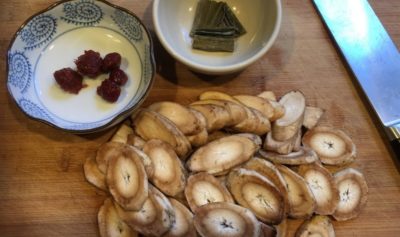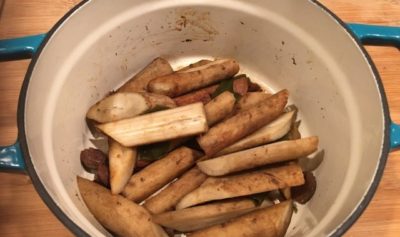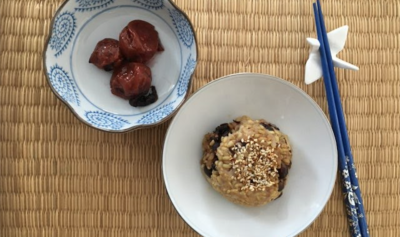Did you know that anxiety is the most common mental health issue in our contemporary society? You probably know people who want to learn how to reduce anxiety. Here are 11 things you can do to reduce anxiety.
There are many ways to reduce anxiety that we can revisit. Let’s begin with the one that’s not frequently mentioned.
11. The Mindful way Falun Gong
The ancient art of meditation can help to reduce anxiety. Studies have shown that a few minutes of regular meditation can change the structure and function of your brain.
Scientists from Johns Hopkins reviewed over 18,000 mindfulness meditation studies and determined that its most beneficial use is anxiety reduction. Their systematic review found that meditation does not have harmful effects.
In fact, just 30 minutes of daily meditation can help reduce anxiety.
Falun Gong as a Way to Reduce Anxiety
Also known as Falun Falun Dafa, Falun Gong is an effective way to reduce anxiety and relieve stress, according to various studies. It is an ancient Chinese meditation and spiritual discipline.
This mind-body spiritual practice has been aptly described as Chinese yoga. It comprises meditative exercise practice and moral teachings based on the principles of truthfulness, compassion, and forbearance.
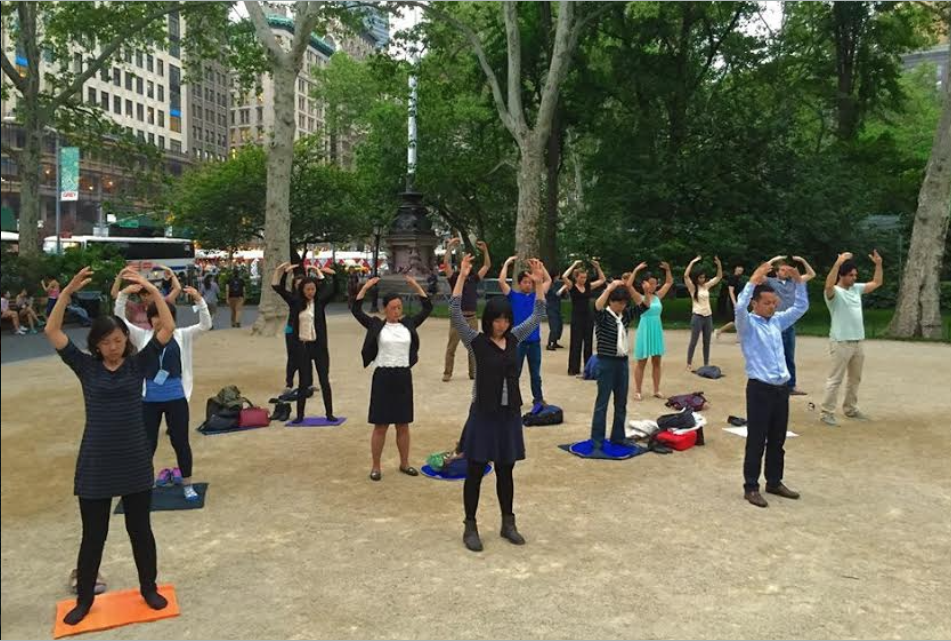
Unlike other Eastern meditative movement practices, Falun Gong is relatively easy to learn. There are only four exercises and one sitting meditation, without any specific breathing techniques to learn.
Many individuals find that practicing Falun Gong calms the heart and mind. As a result, they are better able to cope with their stress and reduce anxiety.
Practicing Falun Gong is free. There are no tuition fees. You can choose to practice and value the teachings based on your own understanding. And you are free to stop the practice at any time.
Visit the official Falun Gong website for more information. All reading materials and videos on the Falun Dafa website are available for free.
10. Stay Positive to Reduce Anxiety
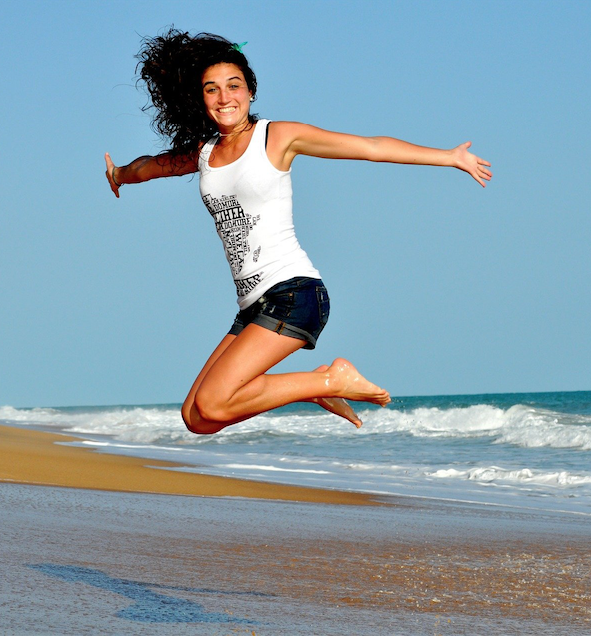
Check out 10 Ways to Stay Positive in Tough Times for helpful strategies to reduce anxiety.
And replace your negative thoughts with positive ones.
In other words, swap your negative emotions or states of mind with positive emotions, such as joy, peace, or happiness.
Smiling, laughing, and taking things lightly bring positivity into your life and chase away anxious feelings.
And of course, feeling grateful and thankful will help you to stay positive and keep anxiety away.
9. Journaling or Doodling to Reduce Anxiety
You can consider writing or drawing what’s causing your anxiety. For some people, writing and doodling can be therapeutic and meaningful. The process can be calming.
Journaling and drawing are creative ways to help you recognize what makes you feel anxious.
Learn to identify your anxiety triggers. Then you can avoid or even remove these activities or substances from your life.
8. Practice Deep Breathing
When you are anxious, your heart rate increases. Your breathing becomes shallow and fast. So practice deep breathing to slow down your breath.
Inhale 4 counts, hold your breath for 4 counts, then exhaling for 4 counts, and hold your breath for another 4 counts. Repeat the entire 4-counts cycle for 5 minutes or until you feel calmer.
This simple breathing technique is called square breathing.
The process of slowly inhaling-exhaling and holding your breaths will restore your normal breathing pattern and helps reduce anxiety.
7. Aromatherapy to Reduce Anxiety
Aromatherapy refers to the use of essential oils for health and well-being. Studies have shown that essential oils can:
- Help you relax
- Help you sleep
- Boost and uplift your mood
- Reduce heart rate and blood pressure
Some essential oils that help reduce anxiety and uplift your mood include bergamot, lavender, clary sage, grapefruit, orange, and ylang ylang.
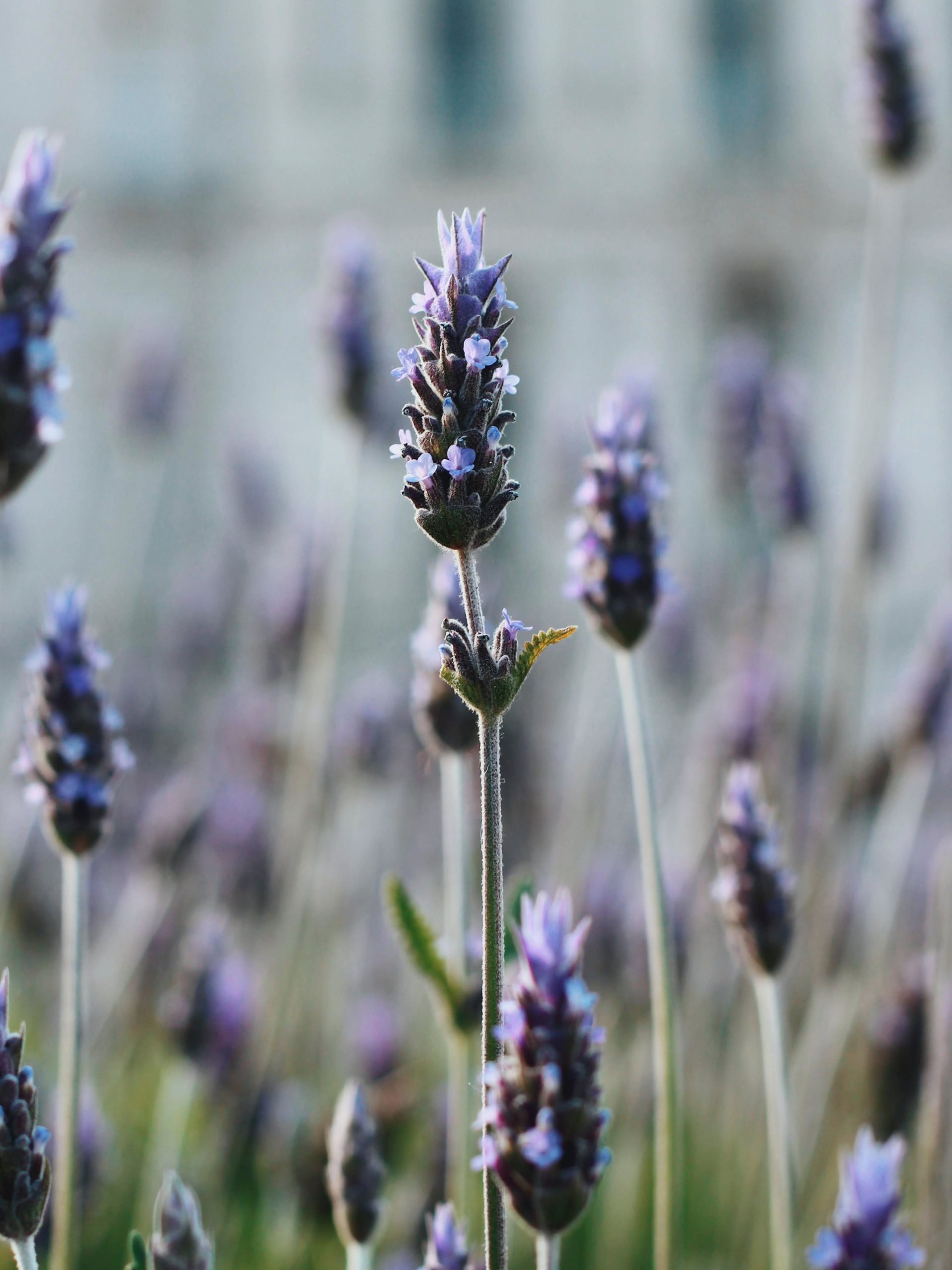
Lavender is an all-time favorite. It is one of the most versatile oils. You can use it directly on your skin.
There are many ways to use essential oils. You can inhale the oils directly.
Put a few drops in water in a diffuser with a tea light candle or use an electric diffuser.
You can also add a few drops to a warm bath.
A favorite way of mine is to apply aromatherapy oil blend after a hot shower. Use 3-4 drops of essential oils (in total) with 10 mls of sweet almond oil or light olive oil. Gently apply the oil blend over your body like you would with body lotion.
You don’t need to use any massage techniques. The therapeutic effect comes from the oil blend.
6. Stay Active
Staying active is one of the most important things you can do to reduce anxiety. Exercise is beneficial for your physical and emotional health.
The key is regular exercise, whether be it walking, jogging, climbing stairs, or jumping on the trampoline.
This is because regular exercise and other physical activities produce endorphins that will help your body to combat anxiety.
5. Quit Smoking
Smoking is an unhealthy habit that can worsen your anxiety. Consider stopping smoking if you seriously want to reduce anxiety.
A drag on a cigarette when you’re feeling anxious is a short-term fix. Smoking does not address the underlying issues. Over time, smoking can worsen anxiety.
There is a lot of literature that indicate nicotine and other substances in cigarette smoke can affect certain pathways in the brain associated with increased anxiety.
4. Stay Away from Alcohol and Caffeine
Alcohol is a natural sedative. A glass of wine or a shot of whiskey may calm you initially. But alcohol consumption is a temporary fix. It ignores the root problem. Your anxiety may return in full force. Or you may develop alcohol dependence.
Caffeine is a stimulant and psychoactive substance found in coffee, tea, chocolate, and energy drinks. Too much caffeine can cause jitters and worsens your anxiety.
Different people have different thresholds for the amount of caffeine their body can tolerate. If you notice that caffeine aggravates your anxiety, stay away from coffee and other caffeinated beverages and foods.
You can choose decaffeinated coffee or coffee substitutes, like roasted chicory or dandelion beverage.
3. Drink Chamomile Tea to Reduce Anxiety
How about swapping your coffee for a calming cup of chamomile herbal tea?
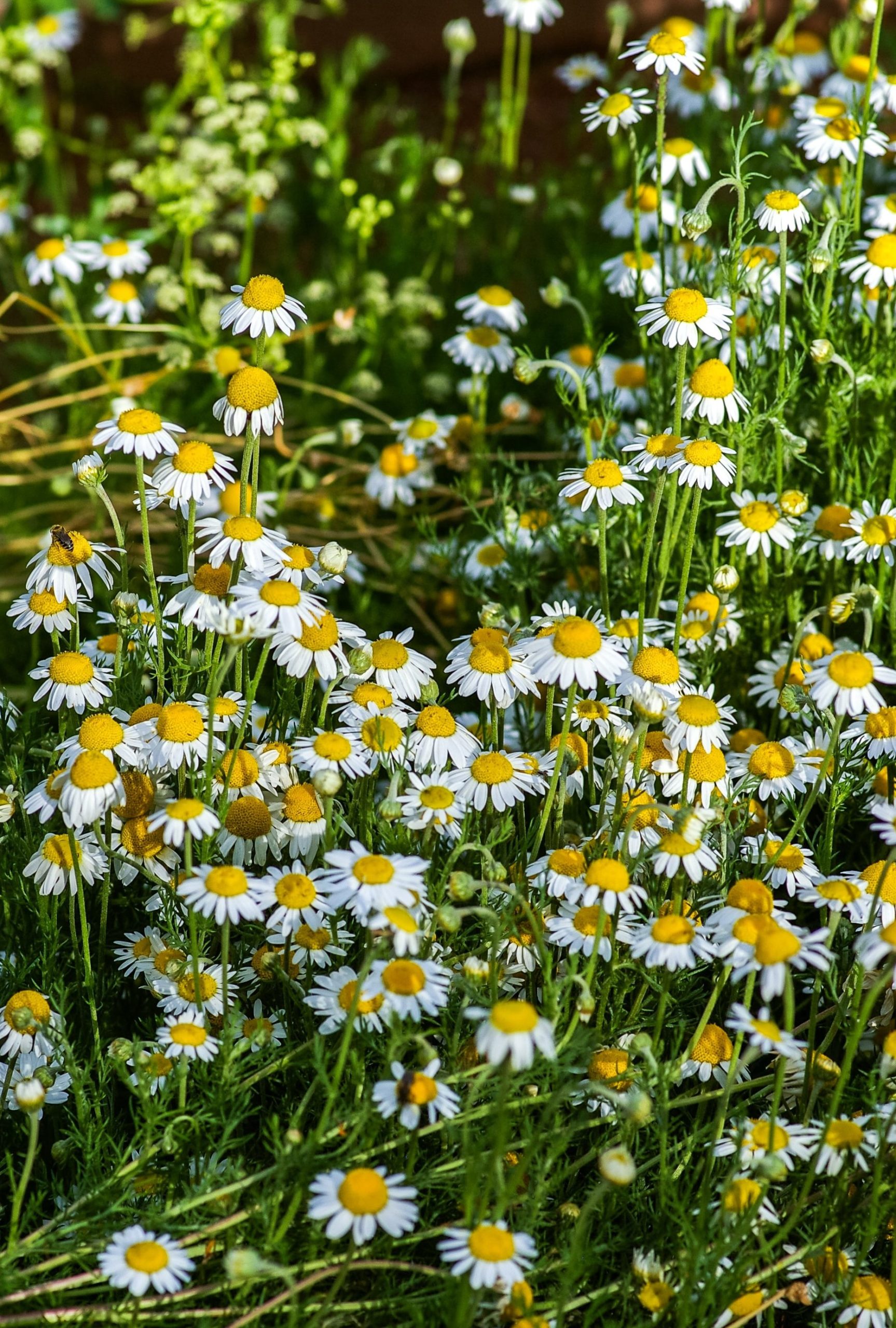
This is a simple choice but one that will calm your nerves and help reduce anxiety.
Various studies have shown that this small daisy-like flower is effective in helping to reduce generalized anxiety disorder (GAD).
Try drinking about 2-3 cups of chamomile tea per day to reduce anxiety. You will feel its relaxing effects in about 30 minutes.
Chamomile tea is available in most supermarkets, in tea bags or in bulk.
Here’s a selection of organic chamomile tea you can choose from.
2. Eat Healthy Meals
To help reduce anxiety, make sure you eat well-balanced meals, and drink enough water during the day.
It is known that dehydration and chemicals in processed foods, like artificial colorings, flavorings, and preservatives may trigger mood changes in some people.
A high-sugar diet may also affect your moods and temperament.
The answer is to stay hydrated and avoid processed foods. You can choose to eat healthy meals that rich in complex carbohydrates, fruits and vegetables, and proteins.
1. Get Enough Sleep
Do not underestimate the importance of sleep. That’s because getting enough sleep each night helps reduce anxiety.
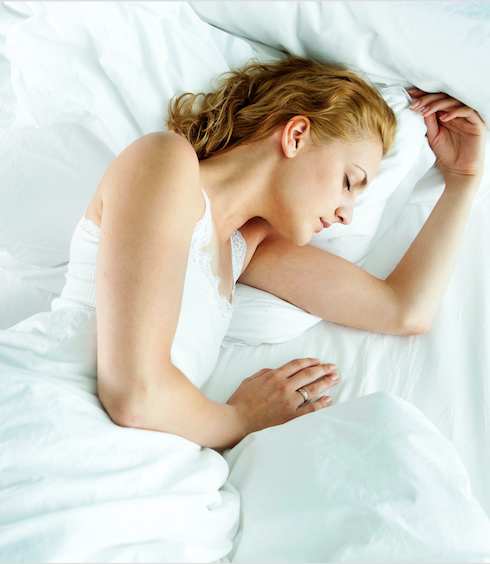
Scientists have found a correlation between anxiety and sleep.
Anxiety can affect sleep. Insomnia and not getting enough sleep can worsen anxiety. It is important to address sleep issues and to get sufficient sleep.
Different people require different number of hours of sleep. Some people need eight hours of sleep. Others may need six or fewer hours a night.
Find out how much sleep is enough sleep for you. Then make sure you are getting enough sleep each night.
To revitalize yourself during the day, you can take power naps (no longer than 30 minutes).
Bonus Tip: Talk to Someone
The above 11 strategies are things you can do by yourself to reduce anxiety.
Another helpful way is to talk to someone. Talking to the right person can do wonders, for both extroverted and introverted individuals.
So, find a good friend or family member to support you. Verbalize your anxiety, fears, and the things that bother you.
You might also consider seeking professional help and talk to a counselor or therapist.
Takeaway
Anxiety is a normal response to the stresses in our life. When left unmanaged, it can greatly impact the quality of your life.
The above are just a few suggestions of the many simple things you can do to help reduce anxiety.
——————————————————————-
No content on this website, regardless of date, is intended to substitute for professional medical advice. All information on this site is for informational purposes only and cannot be construed as medical advice. If you have questions about your health or medical conditions, you should seek a licensed health care professional.
Dr. Margaret Trey has a doctorate in counseling from The University of South Australia. As a counselor previously based at two medical centers, she has ample experience with integrating Falun Gong into her professional practice and effectively helping her clients to manage and reduce anxiety.
 Dr. Margaret TreyAuthor, Researcher & Wellness Advocate
Dr. Margaret TreyAuthor, Researcher & Wellness Advocate



